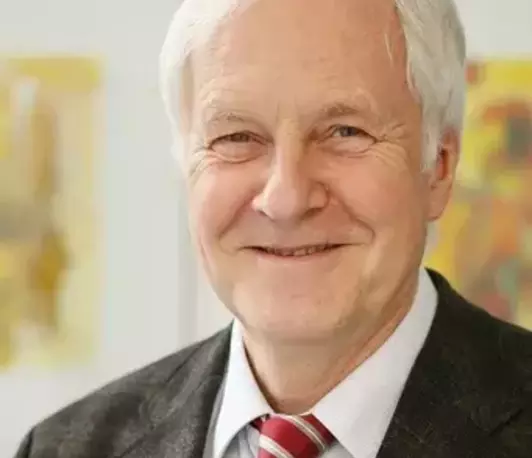Intermittent electricity generation and the consequences for Germany
Institutskolloquium
- Datum: 16.09.2022
- Uhrzeit: 10:30 - 12:00
- Vortragender: Prof. F. Wagner
- Friedrich Wagner was born on 16 November 1943 in Pfaffenhofen (Swabia). After studying physics and taking his PhD at the Technical University of Munich in 1972, Wagner then went as a postdoc to Ohio State University, where he did research in the field of low-temperature physics from 1973 to 1974. In 1975 he joined Max Planck Institute for Plasma Physics, being made head of the ASDEX tokamak experiment in 1986 and appointed Scientific Fellow in 1988. Wagner qualified for lectureship in the same year at the University of Heidelberg, where he held a teaching post till 1991. That year he became Honorary Professor at the Technical University of Munich. From 1989 till 1993 he has been project head of the Wendelstein 7-AS stellarator experiment. From 1993 to 2005 he was member of the Directorate of IPP, from March 1999 till April 2007 Speaker of the Greifswald Branch Institute and from 2003 till 2005 head of the "Wendelstein 7-X Enterprise". In 1987 he was awarded the "Excellency in Plasma Physics" prize by the Plasma Physics Division of the American Physical Society, in 2007 the Hannes Alfvén Prize of the European Physical Society. In 2008 he has been awarded the Stern-Gerlach Medal 2009 by the German Physical Society. Since 1999 he is Ordinary Professor at the Ernst-Moritz Arndt University in Greifswald. Besides his institute commitments, Wagner was from 1996 till 2004 Chairman of the Plasma Physics Division of the European Physical Society, from 2007 till 2009 he was President of the European Physical Society. Wagner is Honorary Member of the Ioffe Institute, St. Petersburg, Fellow of the Institute of Physics of the American Physical Society, and Member of the Editorial Board at the Institute of Physics. He retired end of 2008.
- Ort: Zoom Meeting Room 1
- Raum: Zoom Meeting
- Gastgeber: Dmitry Moseev
- Kontakt: dmitry.moseev@ipp.mpg.de

There is tremendous public concern about an upcoming energy crisis in Europe and specifically in Germany. I will first assess the actual situation of Germany using, as basis, the “energy triangle” – security of supply, affordability, and sustainability. The options for future clean energy forms are rather limited. It is obvious that renewable energies will play an important role in the future supply mix. This is the reason why their intrinsic properties and limitations have to be presented and discussed in detail – under what circumstances are renewable energies sustainable, what are their limitations (e.g. of biomass), what are the technical consequences of the intermittent nature of wind and photo-voltaic power, what is the national potential of renewable energies of Germany, what are the electricity import options within Europe, is a storage system devoted exclusively to electricity meaningful, what is the possible role of hydrogen and how much electricity and energy can Germany produce by itself. The political plans for the German supply in 2030 and the role of methane for the transition period of the “Energiewende” will be discussed. At the end, if there is still time, I will try to confront the local energy problems with a more global perspective.